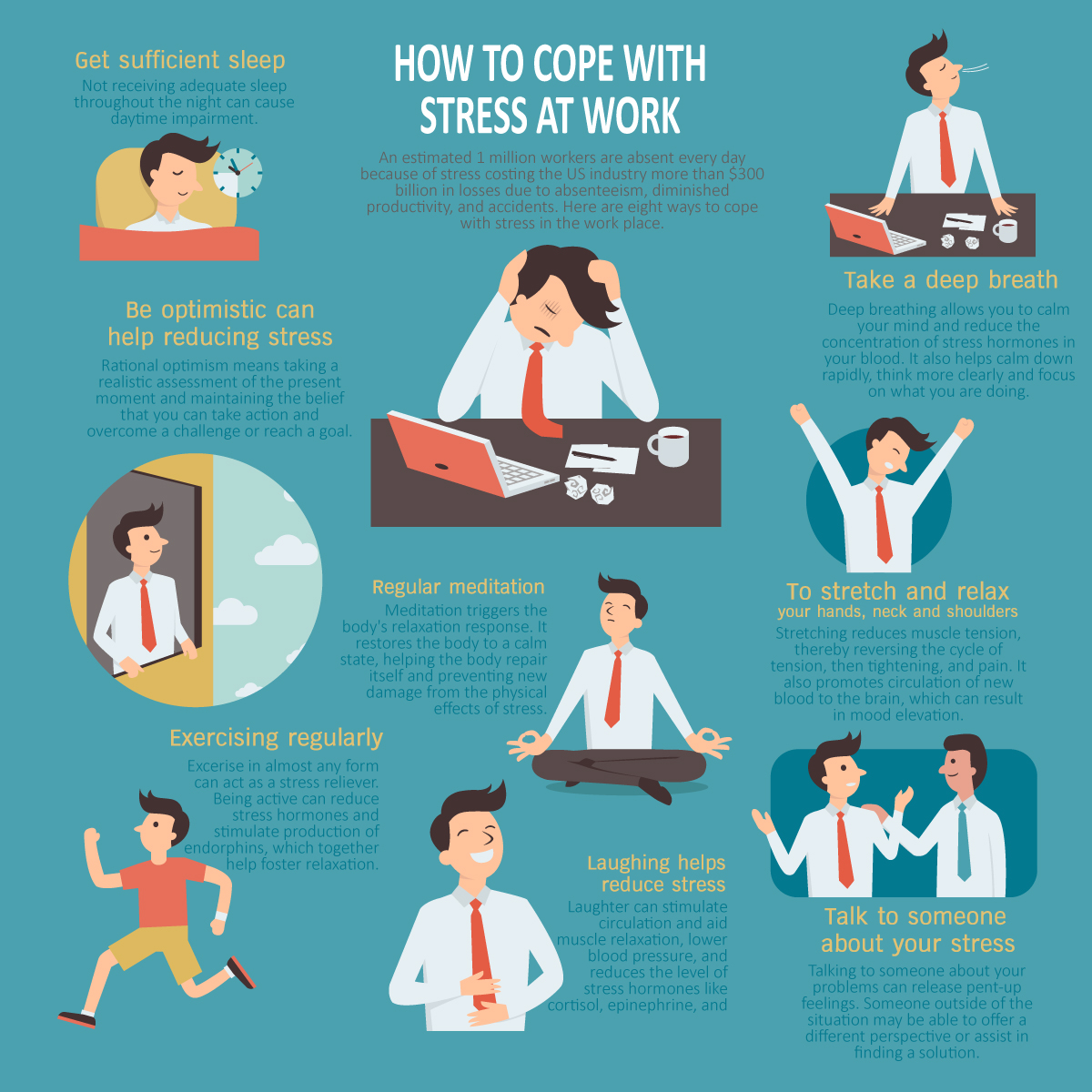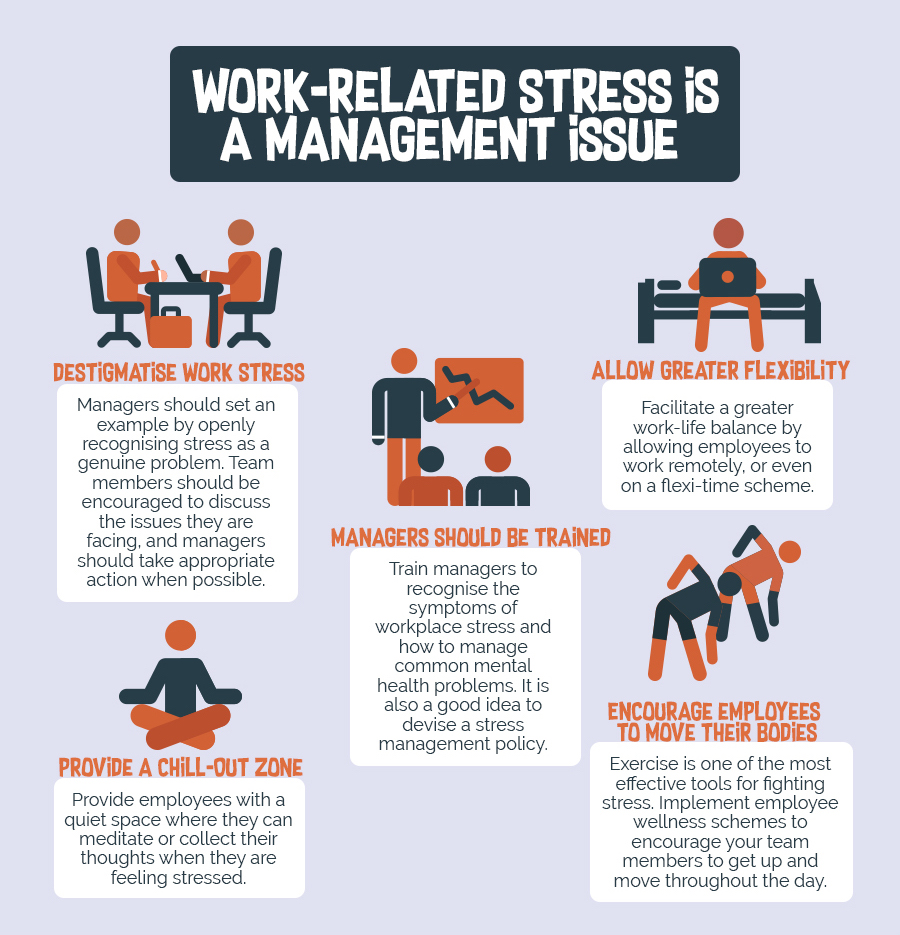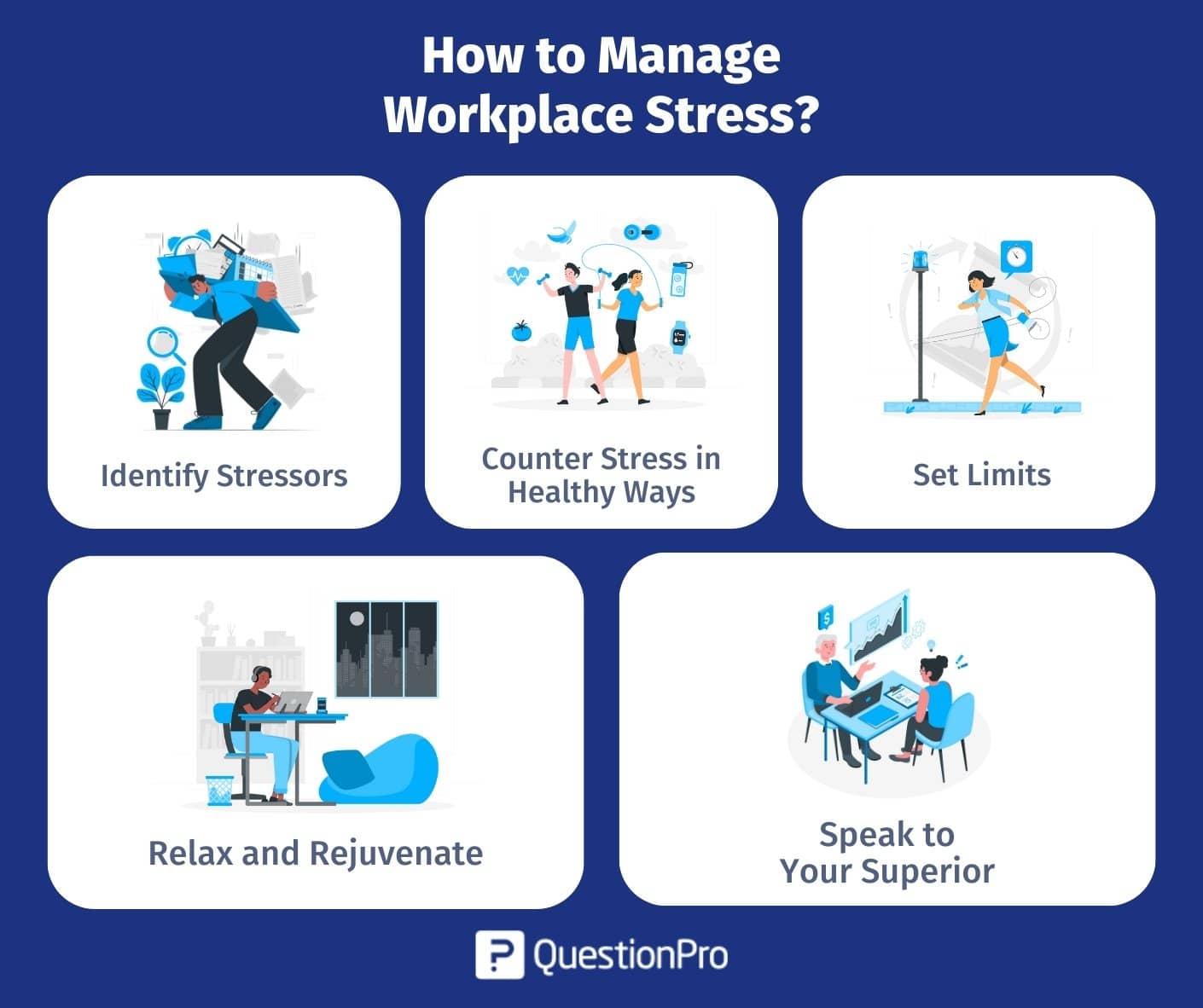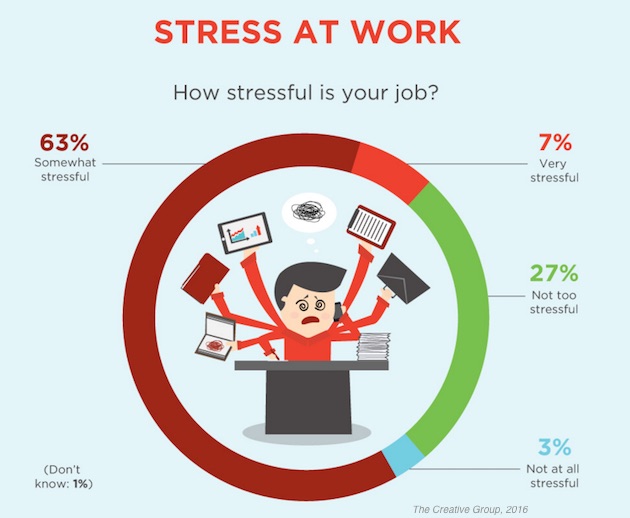How To Tell If Your Job Is Too Stressful
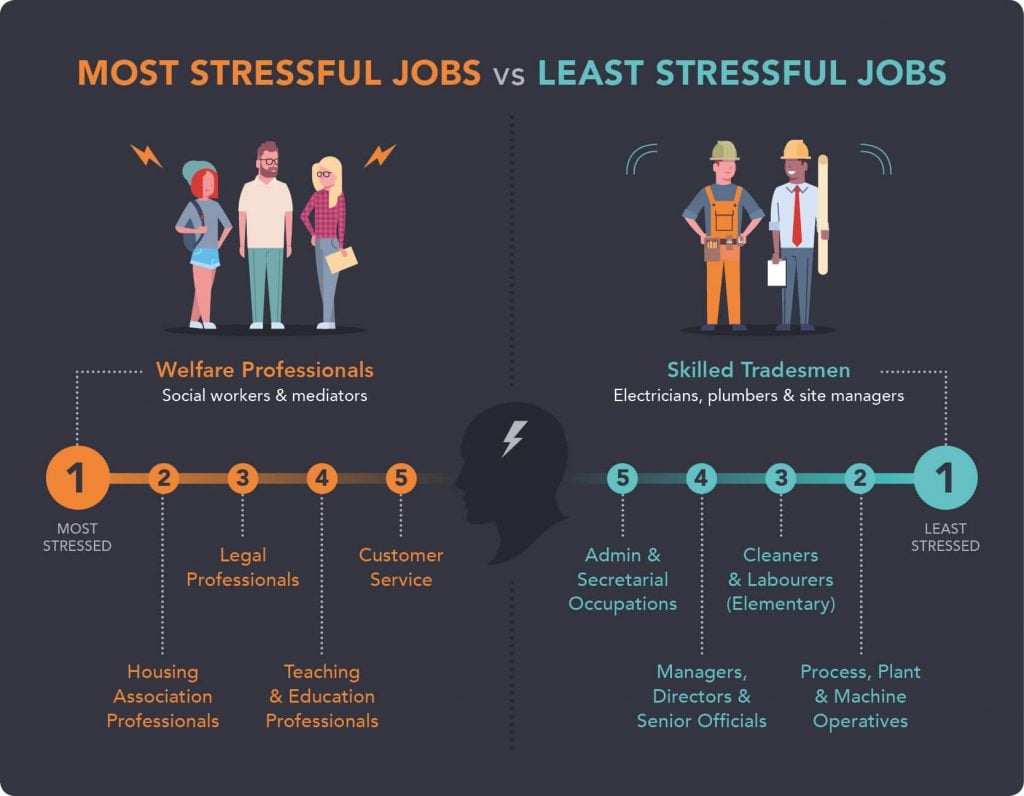
The modern workplace, often lauded for its innovation and opportunity, can also be a breeding ground for chronic stress. Burnout rates are soaring, and employees are increasingly struggling to balance the demands of their jobs with their personal well-being. Recognizing the signs of excessive workplace stress is crucial for protecting your health and career.
This article delves into the warning signs that indicate your job might be too stressful, offering insights from experts and data-driven findings. We will explore the psychological, physical, and behavioral indicators of workplace stress. Furthermore, the article provides practical advice on how to assess your situation and take proactive steps to mitigate the negative impacts of a demanding job.
Psychological Warning Signs
One of the first areas where excessive stress manifests is in our mental state. Constant worry and anxiety, especially related to work tasks, are significant red flags. According to the American Psychological Association, persistent feelings of dread or impending doom can be directly linked to chronic stress.
Difficulty concentrating and making decisions are also common symptoms. You might find yourself struggling to focus during meetings or feeling overwhelmed by even simple tasks. This mental fatigue can significantly impact productivity and job satisfaction.
Irritability and mood swings are other psychological indicators. If you notice that you are easily frustrated, short-tempered, or experiencing frequent changes in mood, stress may be the underlying cause.
Physical Manifestations of Stress
Stress doesn't just affect the mind; it takes a toll on the body as well. Headaches, muscle tension, and digestive problems are common physical symptoms of chronic stress. The Mayo Clinic highlights the connection between stress and gastrointestinal issues such as irritable bowel syndrome (IBS).
Sleep disturbances, including insomnia or excessive sleeping, are another critical sign. When stressed, the body releases cortisol, which can interfere with normal sleep patterns, as suggested by the National Sleep Foundation.
Changes in appetite, either a significant increase or decrease, can also indicate high stress levels. Some individuals may turn to food for comfort, while others lose their appetite entirely due to anxiety.
Behavioral Changes and Indicators
Beyond psychological and physical symptoms, changes in behavior can also signal that your job is too stressful. One common indicator is social withdrawal. If you find yourself avoiding social interactions with colleagues, friends, or family, it could be a sign that you are overwhelmed and need to step back.
Increased use of alcohol, tobacco, or other substances is another warning sign. People under stress may turn to these substances as a coping mechanism, but this can lead to further health problems. The Substance Abuse and Mental Health Services Administration (SAMHSA) has published numerous studies linking workplace stress to substance abuse.
Procrastination and difficulty completing tasks can also indicate excessive stress. You might start putting off important assignments or struggling to meet deadlines, which can further exacerbate your stress levels.
Assessing Your Situation and Taking Action
If you recognize several of these warning signs, it's essential to assess your situation objectively. Consider keeping a stress diary to track the specific triggers and symptoms you experience at work. This can help you identify patterns and better understand the sources of your stress.
Once you have identified the stressors, explore potential solutions. This might involve talking to your supervisor about workload adjustments, seeking support from colleagues, or implementing stress-management techniques such as mindfulness or exercise.
"Seeking professional help from a therapist or counselor is also a valuable option,"suggests Dr. Angela Davis, a leading expert in workplace wellness.
Prioritizing self-care is crucial for managing stress. Make time for activities you enjoy, such as spending time with loved ones, pursuing hobbies, or simply relaxing. Regular exercise, a healthy diet, and sufficient sleep are also essential for maintaining your physical and mental well-being.
Looking Ahead: Building a Healthier Work Environment
Addressing workplace stress requires a multi-faceted approach, involving both individual and organizational efforts. Companies need to create supportive and healthy work environments by promoting open communication, offering stress-management resources, and fostering a culture that values work-life balance. The World Health Organization emphasizes the importance of employers taking proactive steps to prevent and manage workplace stress.
For individuals, recognizing and addressing the signs of excessive stress is paramount. By prioritizing your well-being and taking proactive steps to manage stress, you can protect your health and build a more sustainable and fulfilling career. Remember, your well-being is not a luxury; it's a necessity.
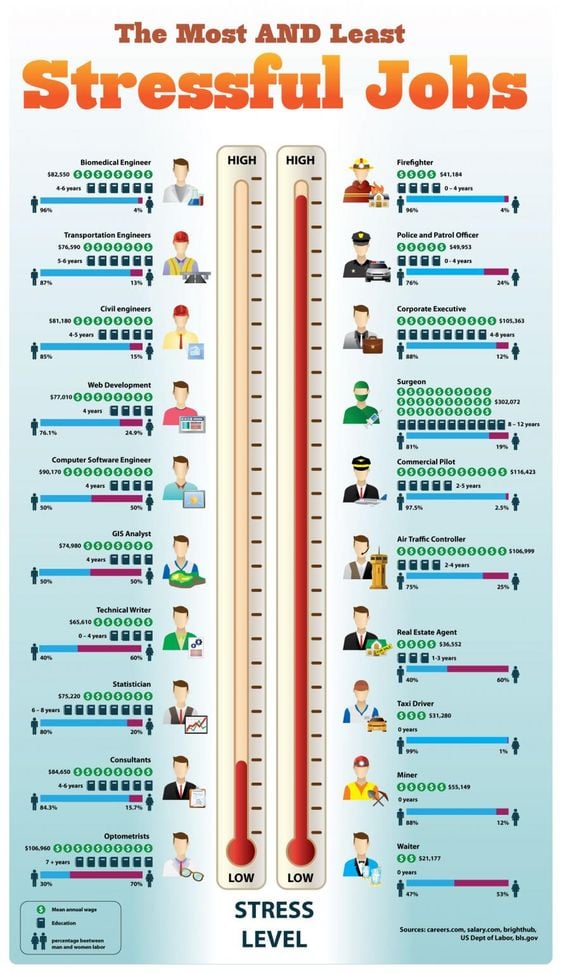

/stressedman-cbf6c8900b954de2b933018b6ae06ae3.jpg)



